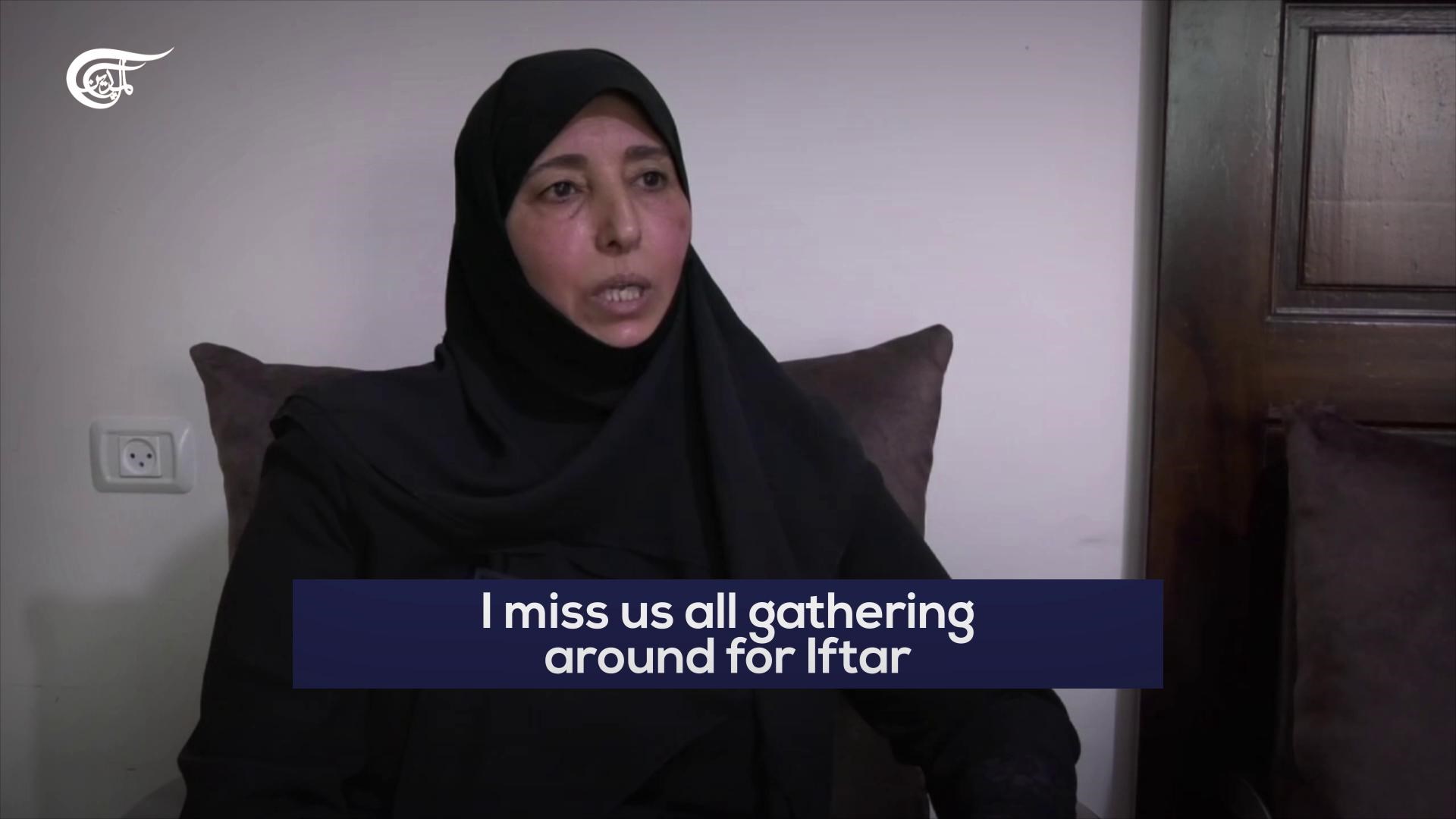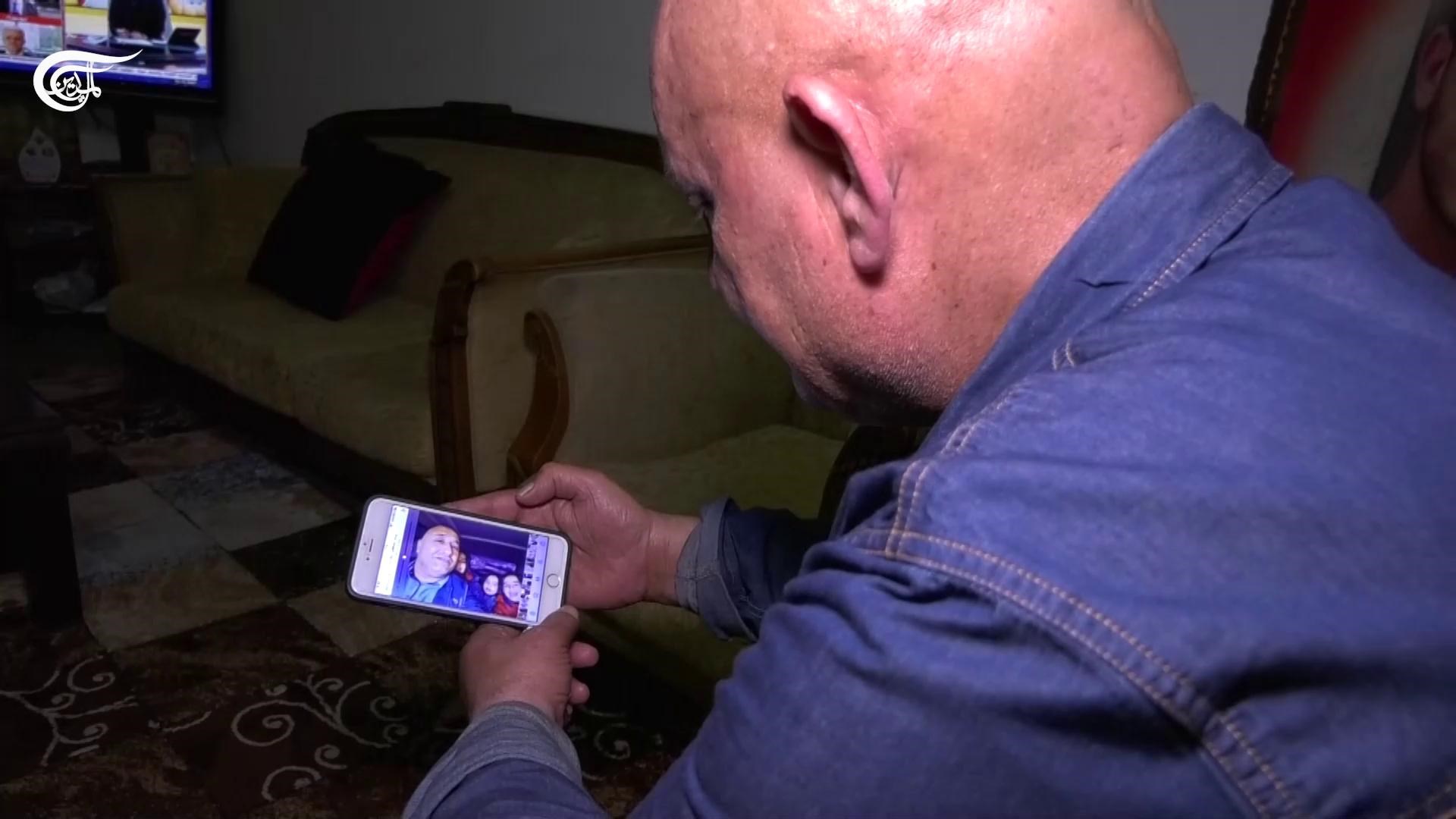How is your Ramadan Palestine?
Wondering about the Palestinian life during Ramadan. How do they fast? How do they take their Suhoor? How do they break their fast? How did they spend the day fasting?
-

Ramadan is different in Palestine.
Ramadan, the holiest of Islamic months, is coming close to concluding its blessings. Muslims from all over the world are gathering to pray, fast, and share their meals together in order to reset their spiritual journey.
Wondering about the Palestinian life during Ramadan? How do they fast? How do they take their Suhoor? How do they break their fast? How did they spend the day fasting?.
Well, Ramadan is different in Palestine.
Here’s a glimpse of the traditions and rituals of Ramadan under occupation
For the fifth year in a row, the Israeli occupation deliberately unleashed its brutal terrorism on Palestinians, and the situation has only been aggravating this Ramadan.
Prayer time
Prayer is frequently regarded as an essential component of fasting during the month of Ramadan.
Ramadan traditionally begins on the eve of the holy month with a special prayer known as "Taraweeh."
During Ramadan, thousands of Palestinians challenge Israeli restrictive and repressive measures, arriving at Al-Aqsa Mosque, to pray. Yet, the Israeli occupation forces turn the third holiest place for Muslims into a confrontation field.
Read More: Al-Aqsa Mosque: The crown jewel of Palestine
The Israeli occupation forces fire heavy rubber coated-bullets and live bullets at worshipers in Al-Aqsa Mosque not to mention throwing tear gas canisters and sound bombs at them.
Instead of performing their prayers, Palestinian worshipers are rushed to the hospital in moderate and serious conditions.
In the past week, more than 200 Palestinians have been wounded in and around the Al-Aqsa mosque.
Furthermore, at least 23 Palestinians have been martyred since March 22, according to AFP.
The 18-year-old high school student succumbed to her injuries after she was shot in the abdomen during an Israeli raid on #Jenin last week, as the Israeli occupation continues to commit its crimes against all #Palestinians.#Palestine #PalestineUnderAttack pic.twitter.com/KqA3kn115G
— Al Mayadeen English (@MayadeenEnglish) April 19, 2022
Israeli settlers have already been storming Al-Aqsa Mosque under the protection of the Israeli occupation police. The IOF stormed the Mosque’s courtyards and expelled the worshipers from it in preparation for the settlers’ collective incursions and provocative tours, which are called for by extremists on the occasion of the “Passover” holiday.
The Israeli occupation forces have also brutally attacked and beat the women worshipers.
The Israeli terrorism didn’t stop here; dozens of Palestinian children suffocated following an attack by the Israeli occupation forces during a leisure event west of Ramallah, in the occupied West Bank.
Video clips showed tear gas canisters being thrown between children, causing panic and fear.
Since the beginning of Ramadan, the occupied Palestinian cities have witnessed security threats as a result of the repeated attacks by the occupation forces against the Palestinians in different areas.
On her account, Fatima Khadir, a Palestinian activist from Al-Quds, told Al Mayadeen that "more than 1,500 settlers stormed Al-Aqsa Mosque during the past two weeks," noting that "groups in large numbers of settlers are carrying out the provocations."
Iftar
Iftar is one of the religious observances of Ramadan and is often done as a family gathering, breaking their fast together.
Yet, once again, not in Palestine.
Umm Shehadeh, wife of martyr Mohammad al-Toumari and a mother of four prisoners, from the occupied West Bank, shared her agony and resilience with Al Mayadeen English.
“The month of Ramadan is a virtuous and generous month during which everyone loves to gather and families get together, but the month of Ramadan in Palestine is different from the rest of the world,” she said.
-
Umm Shehadeh, wife of martyr Mohammad al-Toumari
However, like all Palestinian mothers, Umm Shehadeh reflected the steadfast resilience of Palestinians with her words: “This is our cause, we believe in it, and we thank God for everything."
Two of Umm Shehadeh’s children have been in detention for eight and a half years. Furthermore, the Israeli occupation forces have lately arrested one of two other sons, Abbas, and placed him in administrative detention about twenty days ago. Her youngest son, Ali, was also arrested fourteen days after the arrest of her son, Abbas.
Hosting and setting up a Ramadan iftar or gathering to feed a full table is not the case for Umm Shehadeh this Ramadan. The crowd descended upon the buffet table diminished, and the joyful gathering was silenced by the Israeli occupation.
Umm Shehadeh’s family is not unusual in Palestine. Unfortunately, Palestinian families don’t gather for Iftar or Suhoor meals in Ramadan. One or more are missing, martyred, or imprisoned by the Israeli occupation forces.
“Significant numbers of Palestinians are arrested or martyred during this period, Umm Shehadeh told Al Mayadeen English.
Another untold story from Palestine, Gaza, is Mustafa Maslamani's, a banished ex-prisoner.
Maslamani has been banished for over ten years. His family lives on the occupied West Bank, and he was banished
“This means I've spent ten Eids and ten Ramadans away from my family. I can neither unite with my family nor share the spirit of Ramadan with them. I always spent Ramadan lonely,” he said.
-
Mustafa Maslamani, banished ex-prisoner
“However, the longing for my family is always present and ingrained in my conscience and heart. I always and forever remember my loved ones, parents, my girls, and my sons in every meal, whether at Suhoor or Iftar”, he continued.
Maslamani detailed how he imagines that he sits at the Iftar table with his family despite the distance.
“You imagine life with them, with all its details. When the prayer call starts, I call my children, and I ask my daughter what she cooked today and what she is having for Suhoor,” he heartfully said.
Yet, all this didn’t break his will. He tersely stressed to Al Mayadeen English that banishing is another facet of the Israeli arrest, voicing his hope that he will definitely return to his city Tubas in Jenin.
See more: Iftar in Al-Quds, Palestine
Suhoor
Suhoor is the morning meal eaten by Muslims before the sun has come up during Ramadan. The Mesaharati, a person who usually wakes people up before dawn in order to eat before their fast, didn’t wake up the families of Gaza and their children. However, multiple Israeli airstrikes did during the holy month of Ramadan.
Israeli airstrikes target residential areas in Khan Yunis in the southern part of the #Gaza Strip.#Palestine #PalestineUnderAttack #Gaza_Under_Attack pic.twitter.com/CgxvUjo9FN
— Al Mayadeen English (@MayadeenEnglish) April 18, 2022
Mona, a 37-year-old mother of three children from Gaza, recalled how the Israeli airstrike hit at suhoor, usually a time of joy for her children.
“The kids woke up suddenly to the sound of the airstrike. I rushed to calm them, and they were constantly begging me to make the bombing stop,” Mona said.
Even with airstrikes ongoing, and despite the traumatizing experience, Mona cooked the Suhoor meal for her kids.
“We defied the occupation, I cooked foul, a Middle-Eastern vegan breakfast dish," she said, adding that “the sound of the pestles can be heard with the sound of the Israeli warplanes."
The stories of Ramadan in Palestine involve the story of an elderly mother with Stage 4 cancer taking an Iftar meal to her imprisoned son in the Israeli occupation prisons in an ambulance, whenever she is given a permit to do that. Another story is Rabih Abu Nawass's, the Palestinian prisoner who, because of "Israel's" arbitrary policy whereby he was placed in solitary confinement, did not know that it was Ramadan in Palestine.
The aforementioned stories are just a glimpse into the lives of Palestinians during the holy month of Ramadan which involves not just giving up food and water for long hours, but also resisting the Israeli occupation, not to mention being the guardians of Al-Aqsa mosque.
Definitely, the holy month of Ramadan in Palestine is not like any other under the Israeli occupation.

 7 Min Read
7 Min Read












